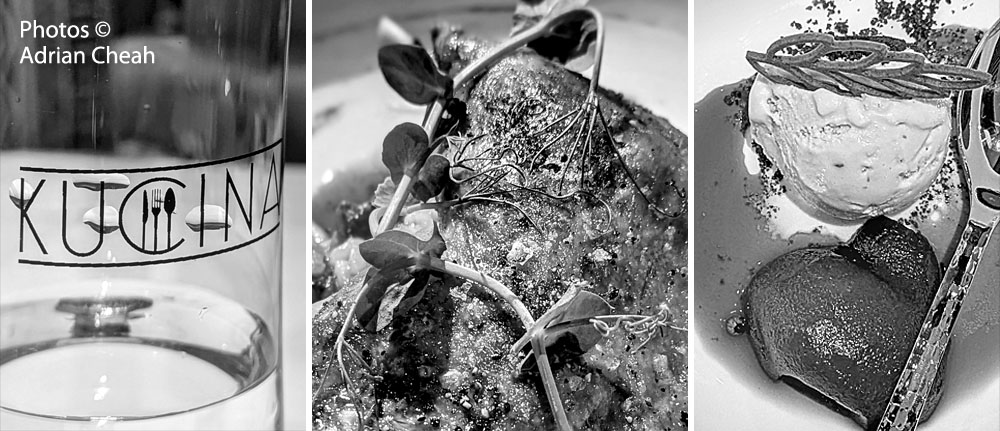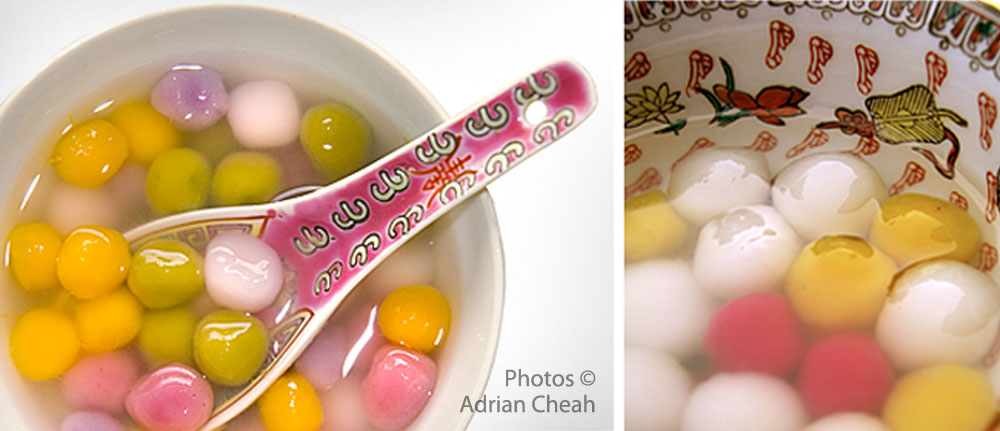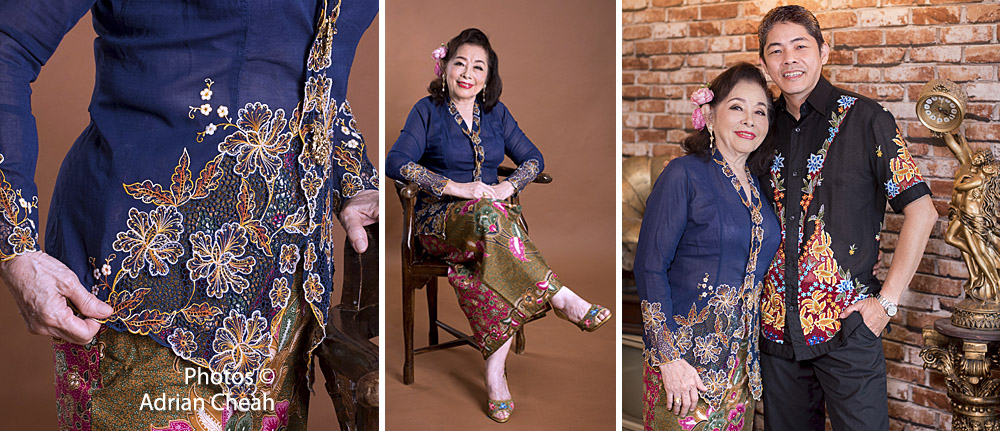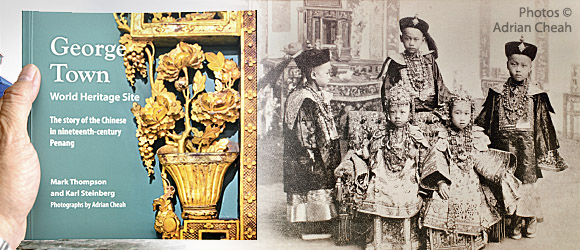A delizioso festive 3-course set menu at Kucina, Penang Marriott Hotel

Recently, I dined at several popular restaurants in Penang, only to leave rather disappointed. Despite their Instagram-worthy interiors and bustling dining halls, the food often fell short – mediocre offerings served at steep prices. Even with my trusty mirrorless Nikon in hand, I found no inspiration to photograph the experiences; they simply were not worth capturing.
Continue Reading
Jungles that hide Penang’s forgotten colonial dams

The dams of Cherok To’ Kun and Bukit Seraya continue to stand amid encroaching forests in secret testimony to the dedication of their builders and operators from a bygone era.
Continue Reading
Tan Sri Datuk Seri (Dr) Ahmad Nawab Khan, Seniman Negara
Celebrating six decades of contribution and achievements in the music industry

On 13 August 2017, the legendary Ahmad Nawab offered an intimate glimpse into his extraordinary musical journey during a dialogue session with Gareth Richards at the Penang House of Music. Over a career spanning six decades, Ahmad has composed more than 2,000 songs, with nearly 70 singers from across the region bringing his compositions to life. Many of these have become timeless standards. Besides ‘Bintang Malam’ (subsequently recorded by Zaharah Agus and Uji Rashid), other songs include ‘Kau Kunci Cintaku Dalam Hatimu’, ‘Setulus Hati Mu’, ‘Sabar Menanti’, ‘Tiada Maaf Bagi Mu’, ‘Antara Matamu dan Mataku’ and ‘Wajah Kesayanganmu’.
Continue Reading
Church of the Holy Name of Jesus – a historical church in a sleepy hollow

Introduction
Old churches are fascinating buildings. Aside from their obvious roles as houses for worship and community gathering, old churches are also well known for their sublime architecture and illustrious histories. The Western continent has some of the finest and world-renowned churches, the mind immediately recalling structures like the early Gothic-styled Notre Dame in Paris (1163), St. Peter's Basilica in the Vatican (349AD) and St. Patrick's Cathedral in New York City (19th century). Equally fascinating ones also include the Santa Maria Maggiore (430AD) and Santa Prassede (780AD) in Rome and the Saxon Brixworth and Escombe churches in England (around 670AD).
Continue Reading
Ti Kuih to sweeten the words of the Gods

Ti Kuih (sweet sticky rice cake) in Mandarin (nian gao) literally means "year cake" which also echoes the sound of rising abundance or prosperity for the coming year.
Continue Reading
Reinventing kuih kapit (love letters)

"Creativity is intelligence having fun." – Albert Einstein.
The "love letter", more commonly known as kuih kapit (a paper-thin crispy, fan-shaped biscuit), is an essential feature during Chinese New Year. However, when a classic item like kuih kapit becomes deeply entrenched in tradition, introducing a daring innovation to reinvent it can evoke mixed reactions – either embraced with enthusiasm for its novelty or met with scepticism and disapproval.
Continue Reading



















